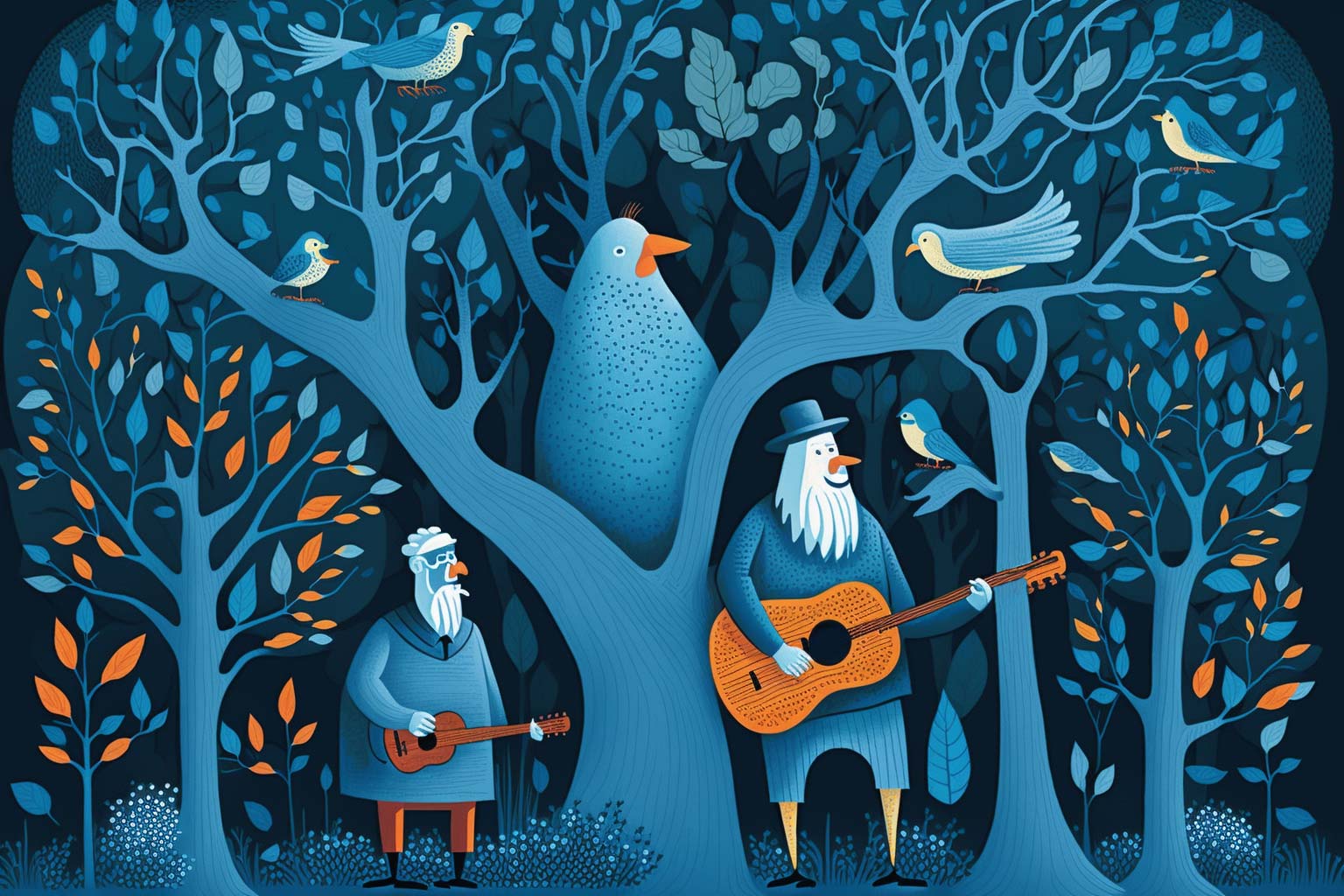Musical rights are on the agenda at the seminar declaring that music is for everyone at ‘The Power of Song’, the preview event to the Festival.
The effectiveness of music in rehabilitation stems from the fact that making music activates several areas of the brain and brings us pleasure. Favourite music – pieces that have personal relevance – is especially potent. The best illustration of the power of music is singing together, as every choral singer in the world well knows. Music can have astonishing effects: it can enhance linguistic capability and restore memories thought lost. Persons who are no longer able to speak may still be able to communicate by singing.
Minun ääneni [My voice] is a project whose purpose is to introduce rehabilitation through music to the lives of memory disorder patients and their family members. With the ageing of the population, the number of memory disorder patients is increasing all the time. The project reaches out to professionals, volunteers and family members, besides aiming to raise public awareness about the rehabilitative power of music and to encourage everyone to use music in the everyday lives of memory disorder patients.
Employment for choir conductors
The music groups in the project are led by choir conductors Kaisa Tienvieri, Anna Arola and Maija Halme. For choir conductors, this is a gratifying way to leverage their competence in multiple ways and to engage in work rooted in their personal values.
“We’ve heard all kinds of music-related memories in the music rehabilitation groups, many of them told through tears, others accompanied by laughter. What is common to all the participants is that music is impactful and emotional,” says Kaisa Tienvieri.
Thanks to their diverse employment histories, Kaisa, Maija and Anna have gained a variety of insights into group leadership. Each of them is free to manage their group according to their preferences, but they are also learning from each other.
“It has been so rewarding to brainstorm and develop exercises for our groups from a new perspective, for instance by thinking of ways to combine singing, movement, playing instruments and eurhythmics. Our groups are not just about singing. The group members themselves have all kinds of ideas, and the interaction is one of the most wonderful things about this work,” says Maija Halme.
Having said that, the project leaders wish that music could be used with a lower threshold in this field and that making music would not always be about performance anxiety. The project manual is being written with this in mind.
Everyone can sing
One of the most important messages of the project is that everyone can and may sing. Everyone should enjoy music and singing together, and everyone is entitled to do so.
Autumn 2022 saw the launch of the Tampere laulaa [Tampere sings] challenge, organised with additional partners, the purpose of which is to inspire operators to hold low-threshold community singing events around Tampere. The ultimate goal is to get everyone in Finland singing. Choirs are uniquely placed to revive the singalong tradition by inviting audiences to sing with them at their concerts.
Read about the seminar programme and the Tampere laulaa challenge on the website of the Minun ääneni project. Their blog features musical experiences of memory disorder patients themselves, of their family members and of people working with them. The databank on the website contains a wealth of reliable information on how music and culture can be used in care work.
Text: Minun ääneni project
Music is for everyone!
The seminar Musiikki kuuluu kaikille [Music is for everyone], organised by the Minun ääneni [My voice] project, forms part of the Tampere Vocal Music Festival preview event. The morning workshops focus on the rehabilitative potential of music, while the afternoon is given over to reviewing research findings with Teppo Särkämö, Jari Pirhonen and Annika Tammela. The seminar concludes with a panel discussion on “How could music play a greater part in the lives of memory disorder patients?” A practical manual with tools for musical rehabilitation will be published at the seminar.
After the seminar, choirs will perform at various venues and invite audiences to sing with them. Community singing is a disappearing tradition which the Tampere laulaa [Tampere sings] challenge aims to revive.

